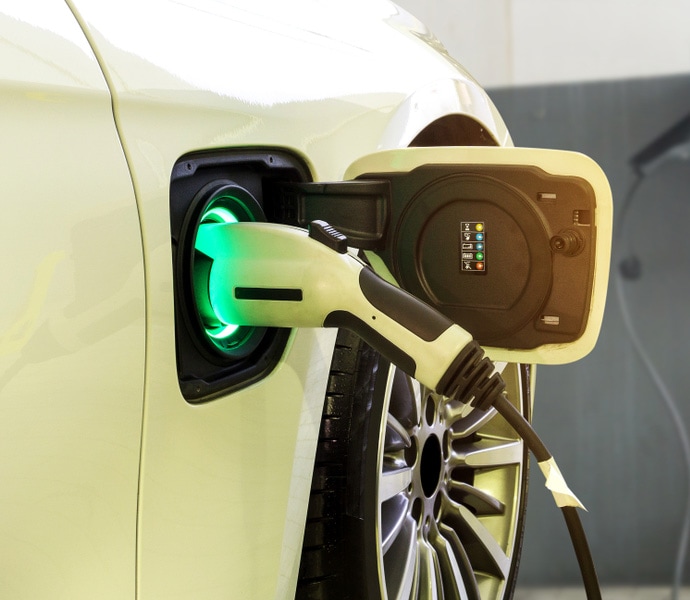Modern cars and trucks are now coming equipped with so many convenience gadgets and electronics that it has created a brand-new risk category: Car hacking. Here’s a look at how car hackers are making life miserable for many vehicle owners – and what you can do to protect your vehicle.
Change Every Password
Anything inside your vehicle that has a factory-installed password presents a risk. Here’s one example: When iPhone users synced their phones with the installed GPS in their vehicles a couple of years ago, a hacker discovered some 27,000 users had not changed the default password on their GPS. All he had to do then was guess their usernames and he was able to remotely shut off their car engines while the vehicles were in motion.
In other cases, hackers are gaining access to vehicles through WiFi devices that are coming factory installed, or through cloud-based services that you connect to your vehicle through your phone.
The lesson: Change the factory-installed password on everything in the vehicle and on your phone.
Keyless Entry
Vehicles that use a key fob for keyless entry have become an easy target for car thieves, using simple tools from an electronics store. If you set the key fob down inside your house and it’s within range of your vehicle, your car and anything inside it is at risk. A thief can sneak up to your house and use a radio signal booster to simply open your car – using your own keyless entry key fob. The solution is store your key fob in a place where someone can’t bounce a radio signal off it – such a Faraday bag or inside your refrigerator.
Comprehensive Insurance Can Protect Against Car Hacking
While car hacking is still a fairly new phenomenon, car theft and vandalism is not. While it won’t stop thieves from hacking your vehicle, damages or losses that result from car hacking can be covered by comprehensive insurance policies. Call us to get a free quote on a comprehensive insurance policy for your vehicle.
